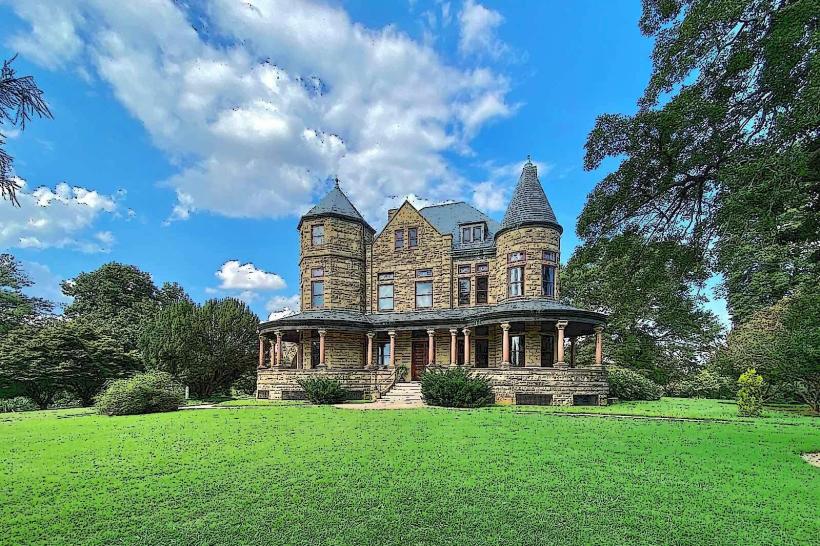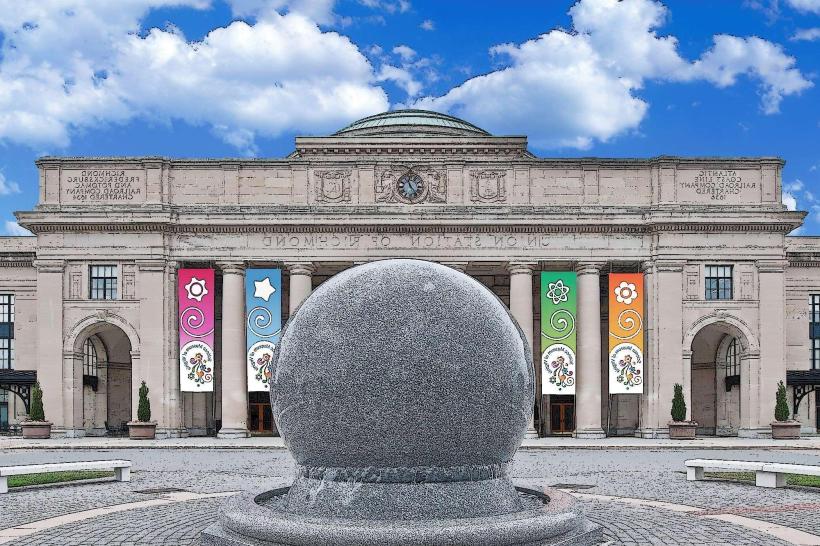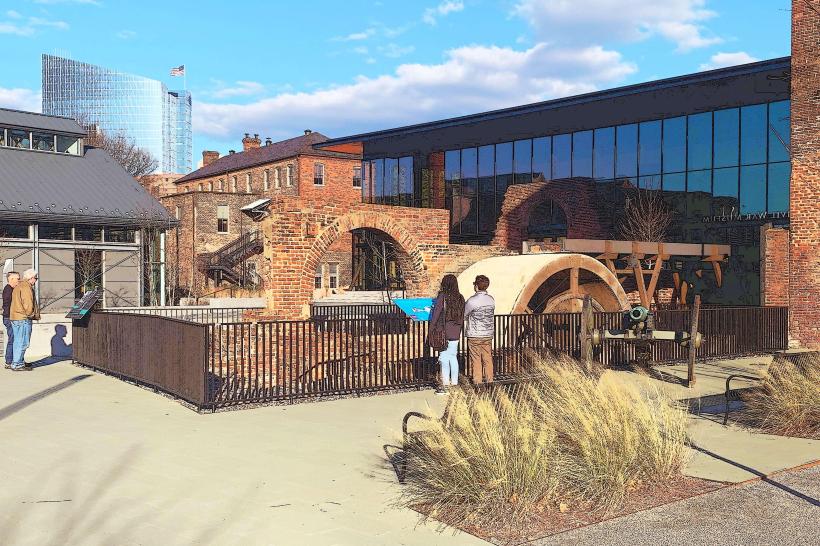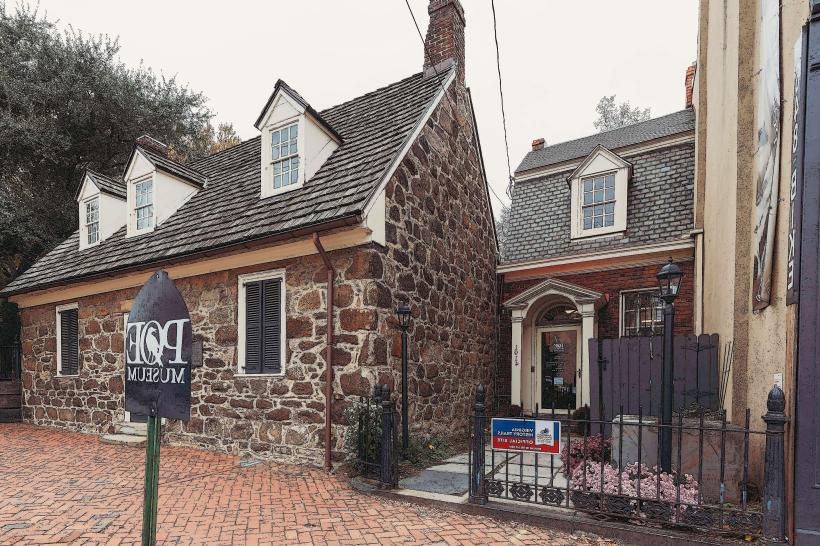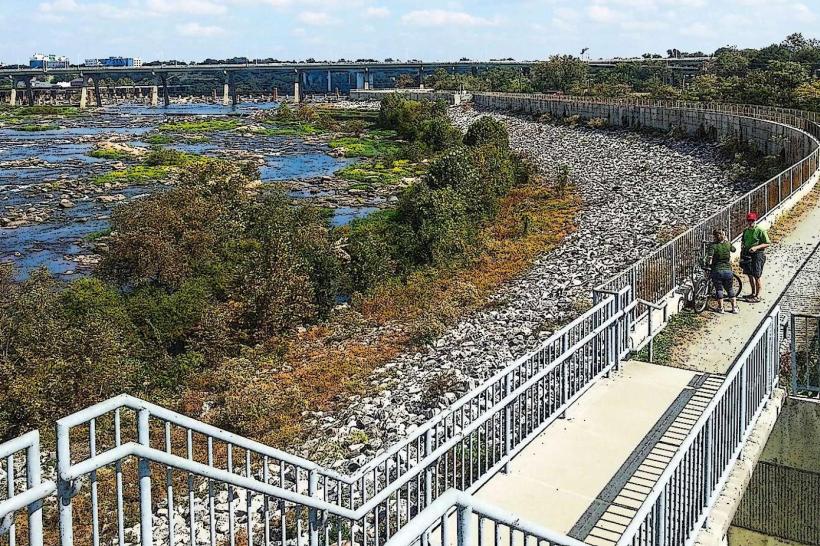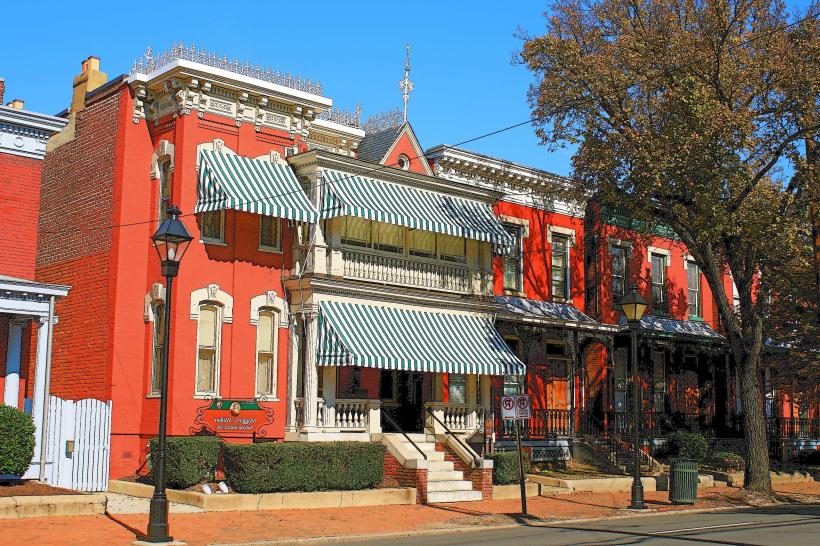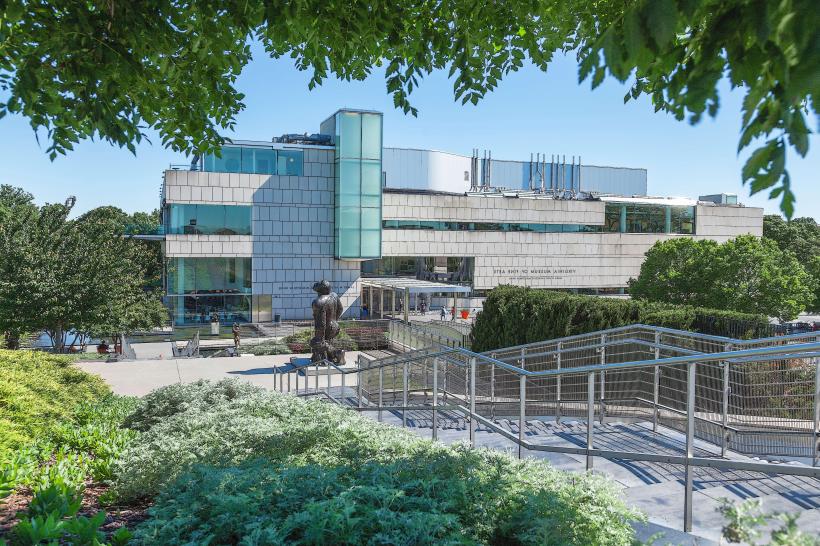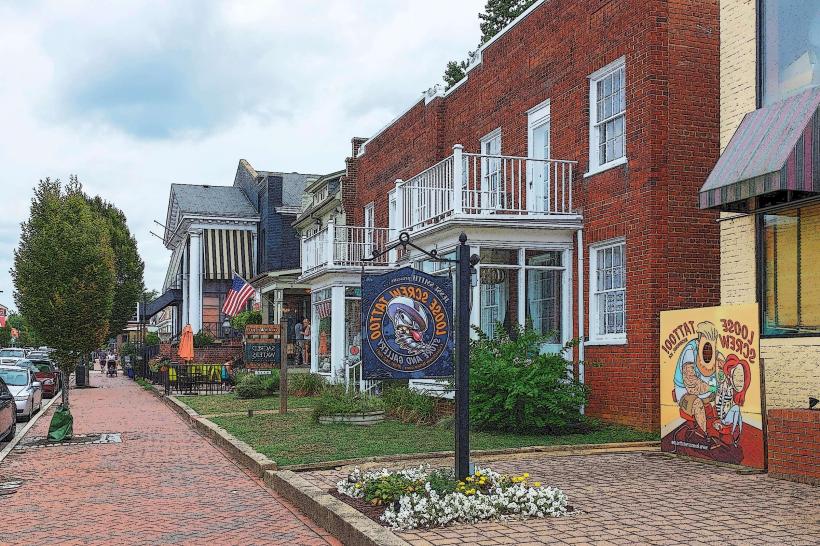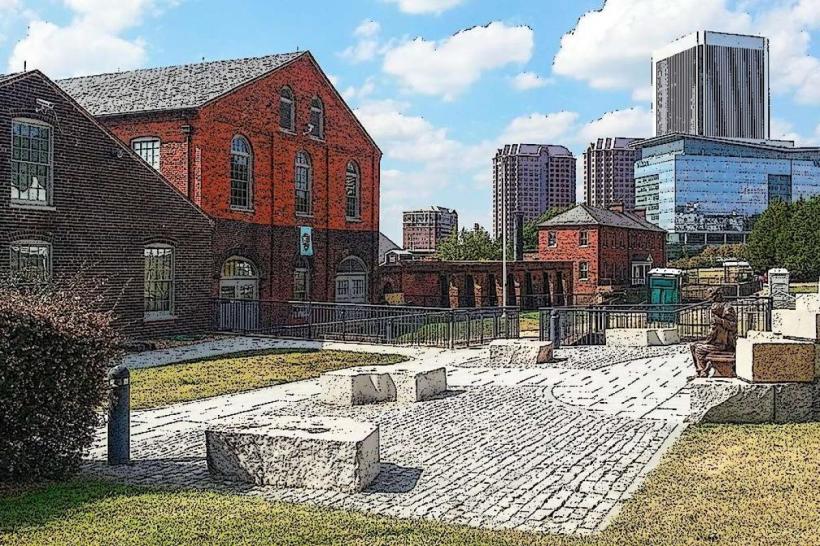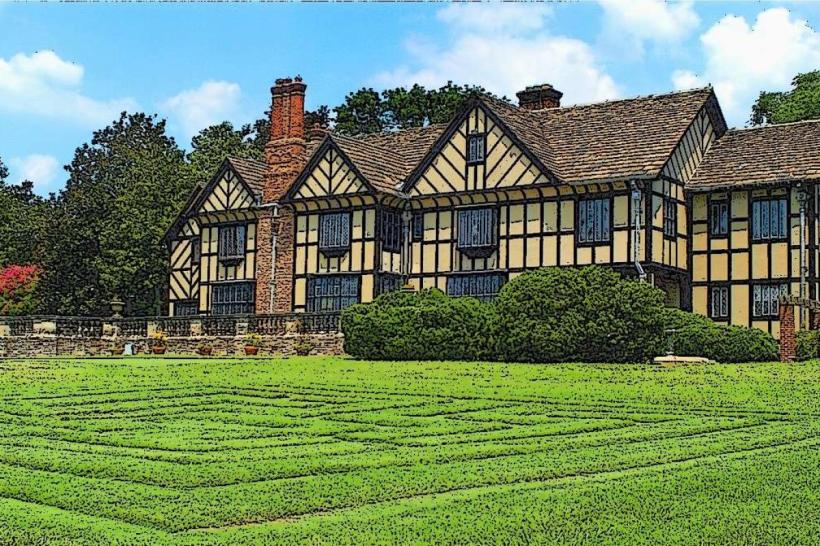Information
City: RichmondCountry: USA Virginia
Continent: North America
Richmond, USA Virginia, North America
Richmond serves as the capital of the Commonwealth of Virginia. It is located at the fall line of the James River, approximately 175 km south of Washington, D.C. It is one of the oldest major cities in the United States and functions as a primary hub for law, finance, and government.
Historical Timeline
Founded in 1737, Richmond was the site where Patrick Henry delivered his "Give me liberty, or give me death" speech in 1775. Primary governance eras include its role as the Capital of the Confederacy (1861–1865) during the American Civil War, resulting in the city's near-total destruction by fire during the evacuation of 1865. The 20th century saw it become a leader in the tobacco industry and a focal point for the Civil Rights Movement. The 21st century has been defined by a transition to a diversified service economy and the removal of Confederate iconography from its public spaces.
Demographics & Population
The population is approximately 230,000. The demographics are Black or African American (45%), White (40%), Hispanic or Latino (7%), and Asian (2%). The median age is 34.2 years.
Urban Layout & Key Districts
The city is organized around the James River and a grid-based downtown.
The Fan District: A historic neighborhood characterized by late 19th-century Victorian architecture and fan-shaped street layouts.
Shockoe Bottom: One of the city's oldest neighborhoods, now a center for nightlife and dining, historically the site of the city's slave markets.
Church Hill: Home to St. John’s Church and the city's best-preserved antebellum architecture.
Carytown: A primary "Mile of Shops" featuring independent boutiques and the landmark Byrd Theatre.
Scott’s Addition: A former industrial zone transformed into a high-density district of breweries, cideries, and luxury apartments.
Top City Landmarks
Virginia State Capitol: Designed by Thomas Jefferson, the second-oldest working capitol in the U.S.
Virginia Museum of Fine Arts (VMFA): A world-class institution open 365 days a year with free general admission.
The Valentine: A museum dedicated to the 400-year history of Richmond.
American Civil War Museum: Located at the historic Tredegar Iron Works site.
James River Park System: Offering Class IV whitewater rapids within city limits.
Maymont: A 100-acre Victorian estate and public park.
Transportation Network
Movement is serviced by GRTC Bus Rapid Transit (The Pulse) along the Broad Street corridor. The city is a major stop for Amtrak (Main Street and Staples Mill Road stations). It is situated at the intersection of I-95, I-64, and I-195. Ride-sharing is universal. Traffic density is high during peak hours on the I-95/I-64 interchange (the "Bryan Park Interchange").
Safety & "Red Zones"
The general safety level is moderate. Caution is advised at night in specific areas of the East End and certain blocks of the North Side, which experience higher rates of violent and property crime. The Fan, Museum District, and Downtown are heavily patrolled. Common scams involve fraudulent private parking enforcement in the Shockoe Bottom district.
Digital & Financial Infrastructure
Internet speeds average 400 Mbps with fiber availability via Verizon Fios and Xfinity. Main mobile carriers are Verizon, AT&T, and T-Mobile. Card acceptance is universal. ATMs are concentrated in the Downtown financial district and along Cary Street.
Climate & Air Quality
Temperatures range from -1°C to 9°C in winter and 21°C to 32°C in summer. Humidity is high in July and August. Air quality is moderate. Specific weather risks include seasonal flooding of the James River and occasional hurricane-related remnants.
Culture & Social Norms
The standard tipping percentage is 18–25%. A handshake is the standard greeting. Dress codes are "Southern-Casual" or "Business-Professional." The city is culturally defined by its deep historical consciousness, its burgeoning culinary and craft beer scene, and its identity as a premier arts destination (home to VCUarts).
Accommodation Zones
Downtown / Shockoe Slip: Recommended for proximity to government offices, historic sites, and upscale dining.
The Fan / Museum District: Recommended for boutique stays and a more residential, walkable experience.
Local Cost Index
1 Espresso: $4.25 (USD)
1 Standard Lunch: $16.00 (USD)
1 Pulse Bus Fare: $1.50 (USD)
Nearby Day Trips
Charlottesville / Monticello: (115 km west).
Williamsburg / Jamestown: (85 km east).
Kings Dominion Amusement Park: (35 km north).
Shenandoah National Park: (140 km west).
Facts & Legends
Richmond is the only city in the U.S. with Class IV rapids running through its downtown. Historically, it was the site of the first successful electrically powered trolley system in the world (1888). A local legend involves the "Richmond Vampire," supposedly entombed in the Hollywood Cemetery’s W.W. Pool tomb following the 1925 Church Hill Tunnel collapse. Another legend concerns the "Ghost of the Executive Mansion," where spectral sightings of a lady in 19th-century dress are frequently reported.



